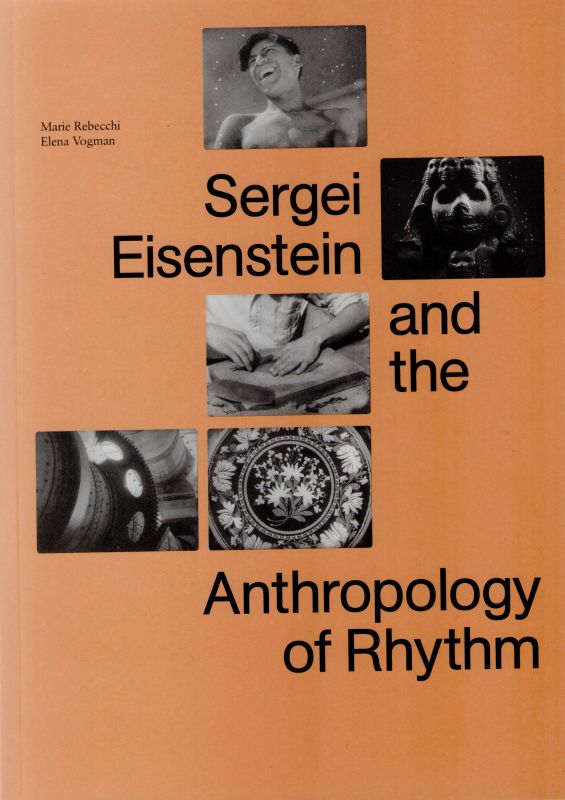
Soft Cover, English, Thread Stitching, 128 Pages, 2017
Sergei Eisenstein and the Anthropology of Rhythm
The unfinished works of Sergei Eisenstein are traversed by aesthetic, anthropological, and political questions. Focusing on the anthropology of rhythm that the Soviet director developed in his Mexican project, Que viva Mexico!, this book also extends its analysis to the film projects Bezhin Meadow and The Great Fergana Canal.
Organic and mechanical, regular and irregular rhythms are not merely formal or temporal aspects of experience: they can become instruments of anthropology. Pursuing both the aesthetic and the epistemic paths of this hypothesis, the book reconstructs Eisenstein’s anthropological method through a series of archival materials: drawings and working diaries—published here for the first time—, and film footage. By placing Eisenstein’s method in a constellation between the surrealist aesthetics of the French journal Documents on one side, and the anthropological culture of post-revolutionary Mexico on the other, it explores the modern experience of looking alterity in the face. Superposition of times, connection of rhythms: historical, cinematic, and physiological. It is in this way, through rhythm, that one temporal dimension can become the medium of another, and the body itself the medium of a repressed history.
Sprache: Englisch
